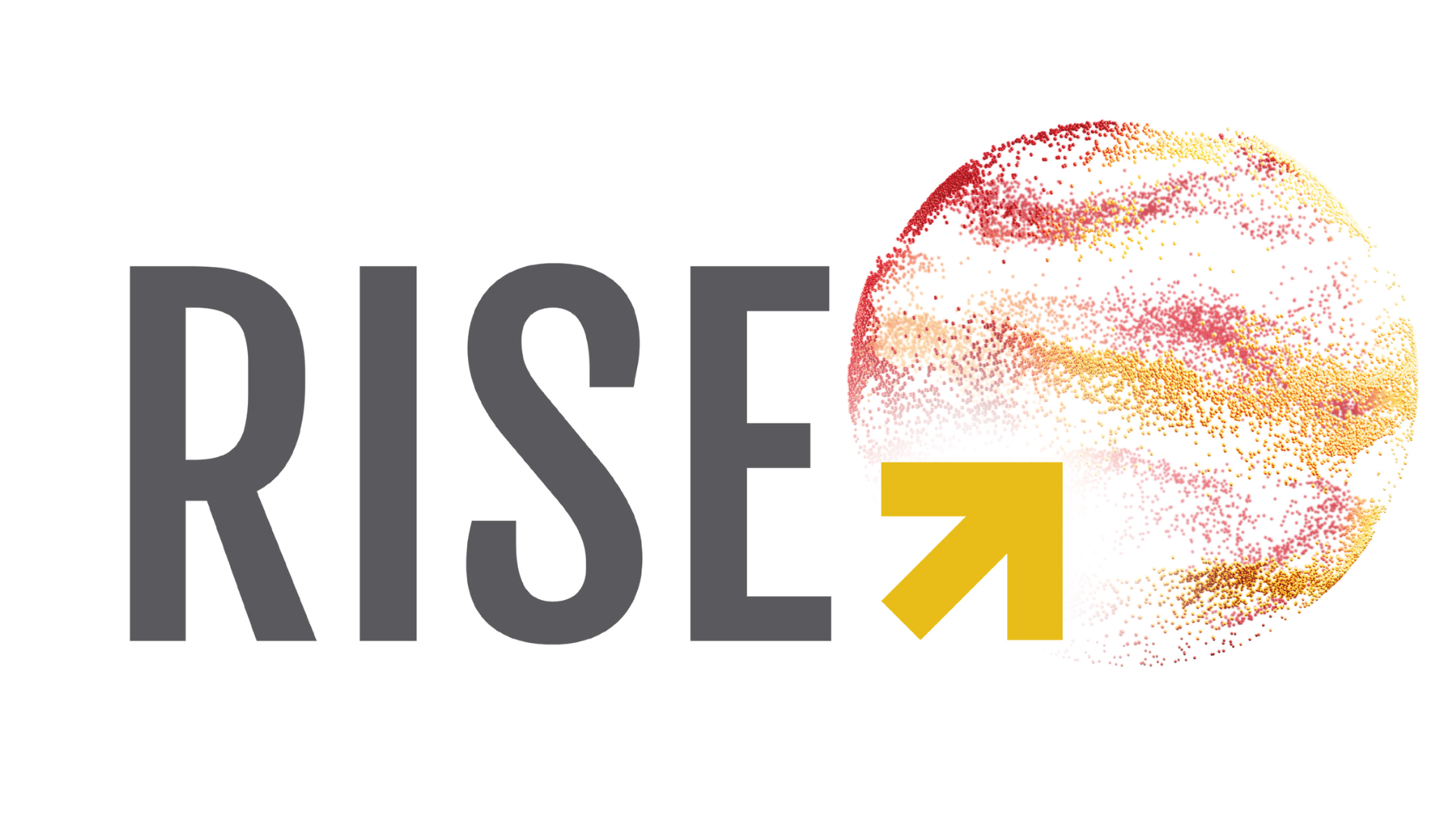

LATEST
New opportunities in our quest for equality
We’re working to create change and provide opportunities for women physicians around the world. Catch up on the latest work of our community members pursuing this mission, the progress of our work and upcoming events which continue to turn the dial.

Women in Cardiology: How Daiichi Sankyo Europe and Women As One Are Driving Equity in Healthcare
News Our PartnersDaiichi Sankyo Europe and Women As One Join Forces to Advance Women in Cardiology and Tackle Gender Inequity in Medicine.

Women As One and ESC Unite Again to Elevate Women in Cardiology
News Our Partners RISERISE will return at ESC Congress 2025 presented in partnership with the European Society of Cardiology, and in 2025, with the World Congress of Cardiology.

Announcing the 2025 Women As One Mentorship Award Winners
News Our Community AwardsThe 2025 Mentorship Awards recognize six women physicians who will lead clinical projects addressing key challenges in cardiovascular care.

RISE @ ESC Congress 2025
Join us in Madrid on August 28th for the return of RISE @ ESC Congress 2025.

Women in Clinical Science: Bridging the Gap with Industry

Optimising the Therapeutic Management of Women With Aortic Stenosis: Insights and Implications From Emerging Data
Why sign up to our talent directory
The Talent Directory is a global professional community explicitly tailored for women cardiologists across diverse medical specialties.
Join us to embark on a journey of professional growth, collaboration, and empowerment. Together, let’s redefine the future of medicine.
Benefits and Opportunities
- Access tailored professional programs
- Unlock professional opportunities for thought leadership
- Lead in clinical trials and committees
- Gain access to a global network of women cardiologists
- Work with industry to develop your career and create better patient outcomes














